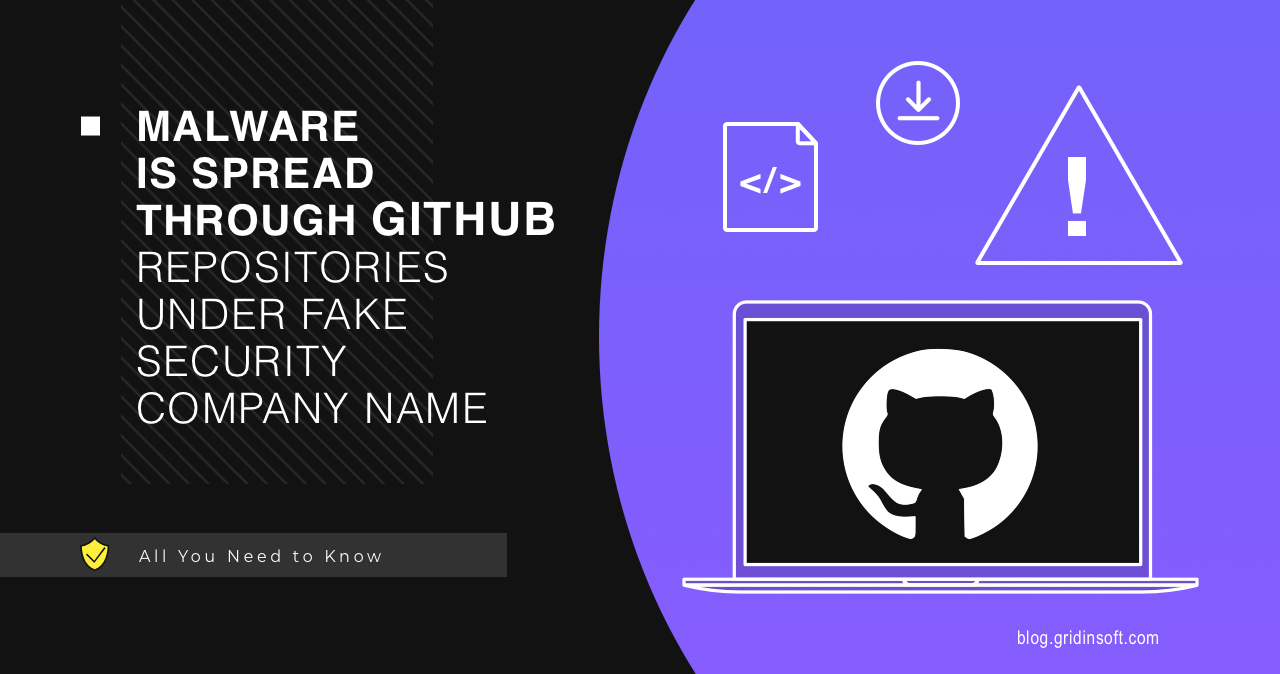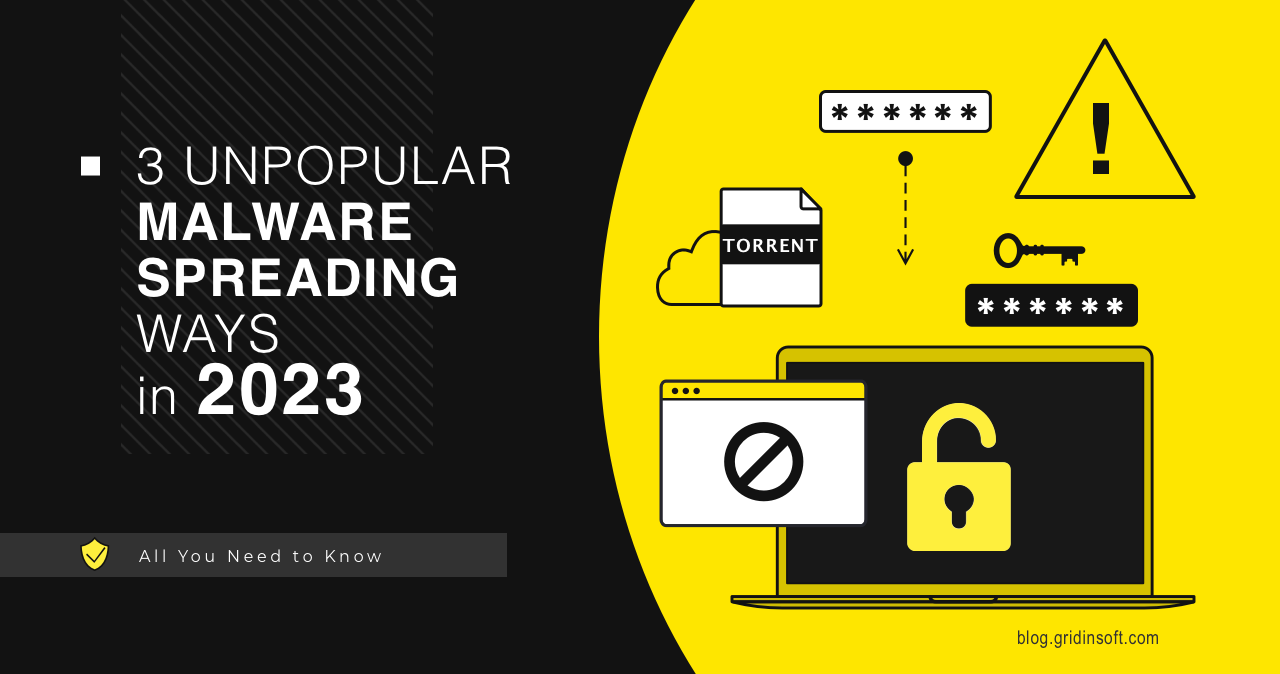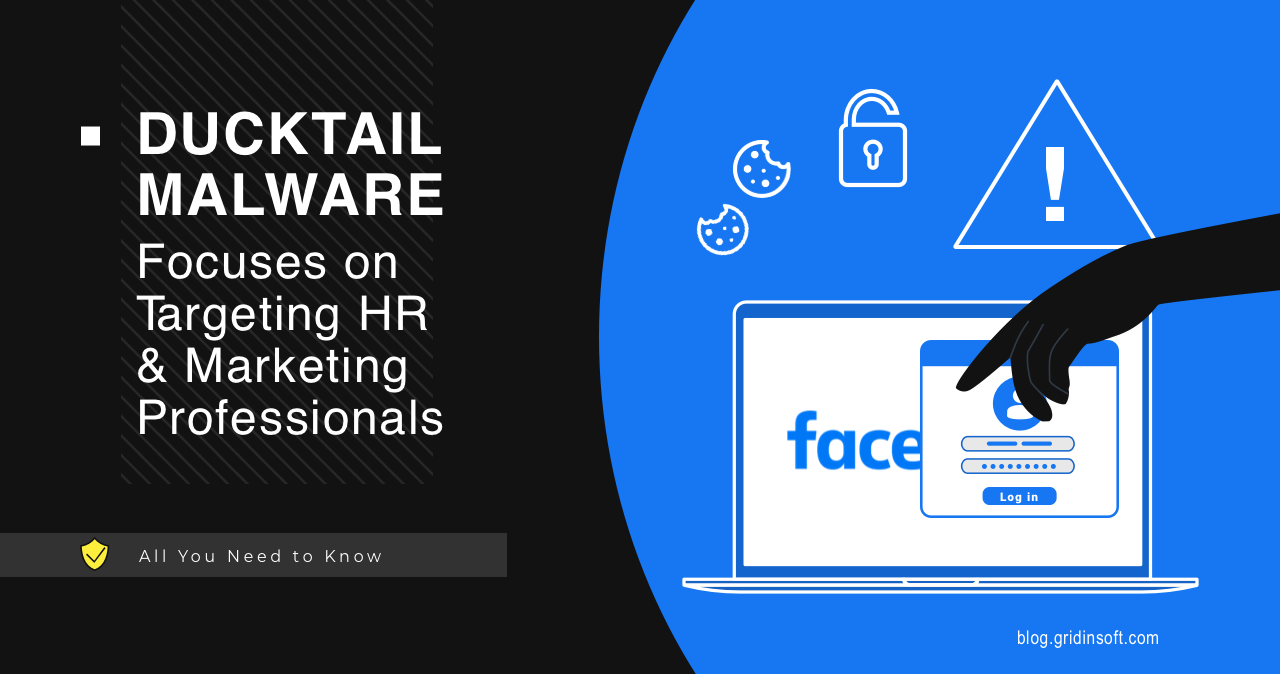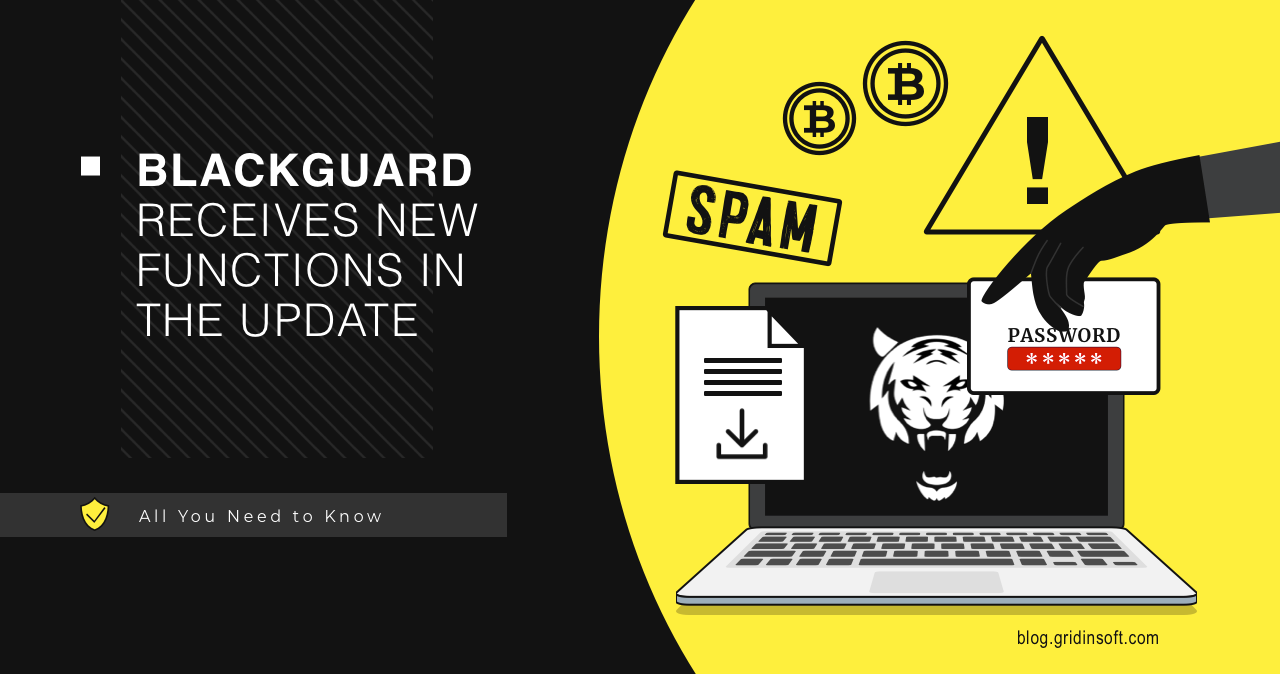Malware in GitHub Repositories Is Spread From Fake Security Company Name
Researchers detected fake company accounts on GitHub linked to a deceitful cybersecurity…
PyPI Malware Storm Forces to Suspend New Uploads
Python Package Index, a software repository for Python developers, recently faced a…
3 Unpopular Malware Spreading Ways in 2023
The modern Internet space is like an endless ocean, where every wave…
Ducktail Infostealer Malware Targeting Facebook Business Accounts
Researchers discovered Ducktail Malware, which targets individuals and organizations on the Facebook…
Trend Micro: Millions of Android Devices Contain Malware Right in the Firmware
Trend Micro analysts presented an interesting report at the Black Hat Asia…
Ransomware Attacks Increasingly Using AuKill Malware to Disable EDR
A new cybercrime tool called "AuKill" has emerged, which attackers use to…
PDF Virus
Among numerous other files, PDFs are considered one of the most convenient…
Microsoft Told How to Detect the Installation of the BlackLotus UEFI Bootkit
Microsoft has shared a guide to help organizations detect the installation of…
Hackers Infect eFile Tax Filing Service with Malware
The eFile service, used by many Americans to file their tax returns…
Rilide Malware Steals Data from Chromium Browsers
Trustwave SpiderLabs specialists spoke about the new Rilide malware, which steals confidential…
Rorschach Ransomware Analysis
Recent research from the CheckPoint Research team revealed a new ransomware sample…
BlackGuard Receives Update, Targets More Cryptowallets
BlackGuard, a prolific infostealer malware, received an update at the edge of…













